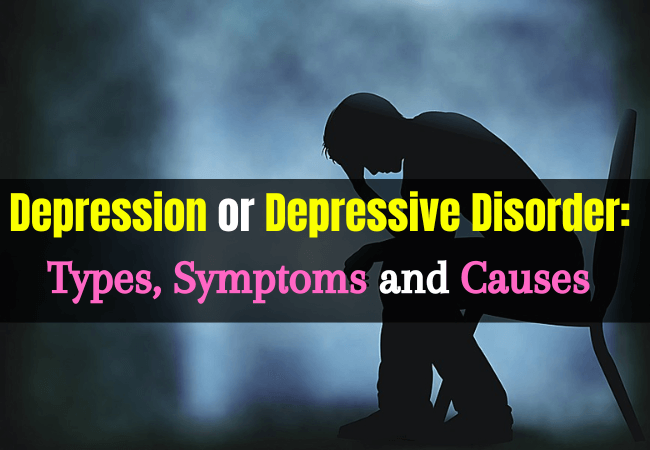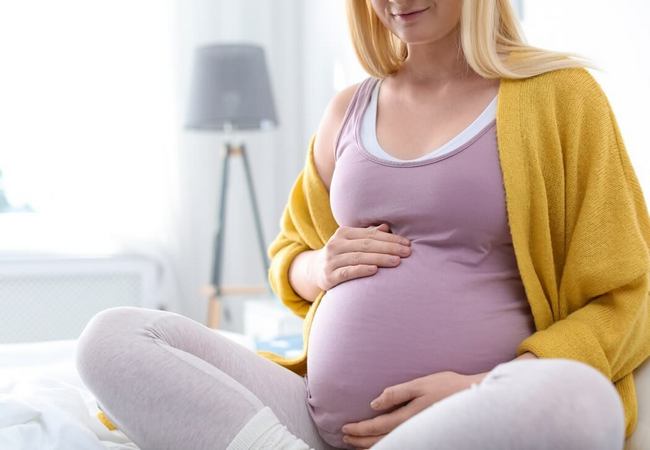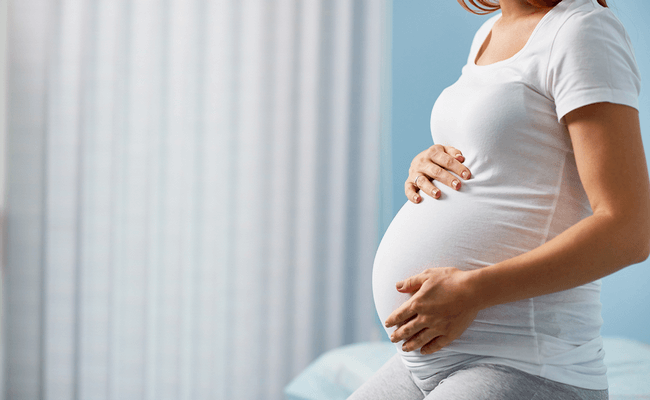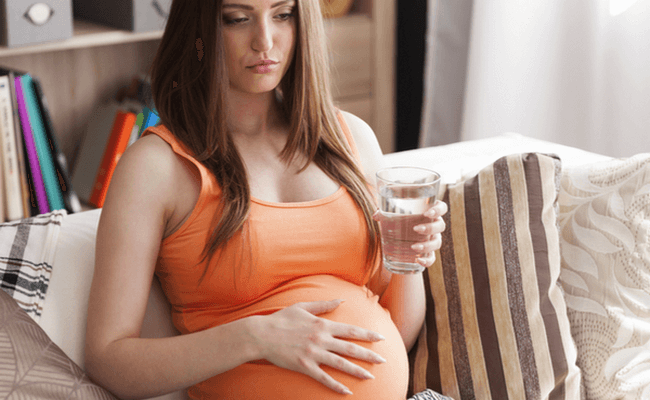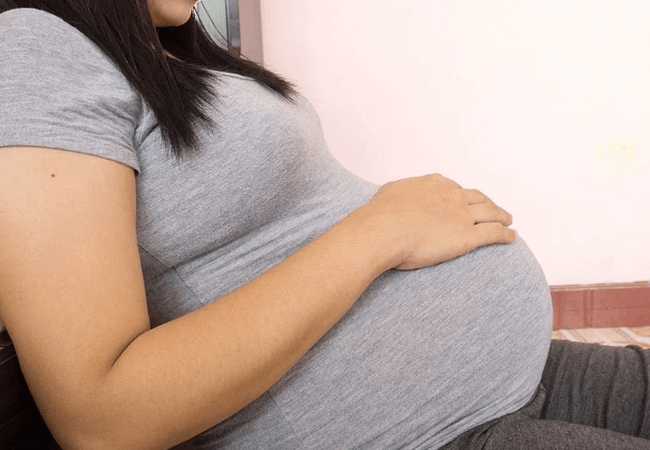Depression or Depressive Disorder: Types, Symptoms and Causes
What is Depression or Depressive Disorder?
A mental or physical condition characterized by insomnia, anorexia, irritability, emotionalization, impaired concentration and suicidal tendency is termed as depression. It is an affective disorder which is characterized by feelings of overwhelming sadness or lack of enjoyment, sometimes with anxiety and irritability with change in eating habit, sleep and sexual function.

Causes of Depression or Depressive Disorder:
All the causes of depression have mentioned in the below:
- Recent traumatic events (job loss etc.),
- Serious physical illness,
- Divorce, end of relationship,
- Stressful situations (family disagreements, poverty),
- Recent death of a friend or a close relative,
- Personal weakness, nervousness,
- An illness of the brain,
- Problems during childhood (abuse, early loss of a parent),
- Recent pregnancy,
- Menopause,
- Post-partum depression,
- Conflict,
- Having parents or grandparents suffering from depression,
- Death,
- Genetical issues,
- Drastic events in life,
- Certain medications,
- Substance abuse,
- Accidents or health issues.
Types or Classification of Depression or Depressive Disorder:
a. Group 1:
- Reactive depression (due to exogenous adverse effect).
- Endogenous depression.
b. Group II: According to aetiology:
- Primary depression – no cause.
- Secondary depression – to chronic disease, malignancy.
c. Group III:
- Senile depression.
- Involutional depression.
d. Group IV: According to severity /ICD-10-:
- Mild depression.
- Moderate depression.
- Severe depression: Without psychotic symptoms and with psychotic symptoms.
e. Group V:
- Unipolar depression.
- Manic depression (Bipolar disorders).
Sign and Symptoms of Depression or Depressive Disorder:
Clinical Features of Depression or Depressive Disorder:
All the sign and symptoms of depression have mentioned in the following:
Mild Depression:
- Rigid,
- Sensitive to criticism,
- Fatigue,
- Flattened of mood,
- Blunt affect,
- Dullness, sad, anxious, empty mood,
- Physical complaints with no organic cause,
- Blue spells,
- Lacks confidence in himself,
- Lack of interest in activities once enjoyed, including sex;
- Reduced energy,
- Lowered activity performance,
- Inadequacy, LRL
- Exhibits aversion to activities,
- Spends alone,
- Finds difficulty in performing ordinary activities.
- Sleeping disturbances,
- Anorexia,
- Feeling of hopelessness/helplessness,
- Pessimism,
- Worthlessness,
- Unreasonable,
- Self-blaming,
- Low self-esteem.
Acute or Severe Depression:
- Client feels tensed,
- Unable to relax,
- Anxious,
- Low or poor concentration,
- Lack of attention,
- Poor memory,
- Guilty,
- Inadequacy feelings,
- Loss of energy,
- Tired, exhausted, guilt,
- Vague feeling of body aches,
- Severe headache,
- GIT manifestations,
- Restlessness,
- Irritability,
- Cannot concentrate for longer period,
- Diurnal variations (depression is more in early morning and in late evenings).
Depressive Stupor:
Intensive form in which the client will have-
- Acute dementia,
- Mute,
- Clouded sensorium,
- Preoccupied mind,
- Hallucinations,
- Depersonalization,
- Derealization,
- Delusion,
- Progresses into death.
Central Features of Depressive Disorder:
Depressed mood or Loss of interest and pleasure, with 4 or more of the following seven symptoms:
- Feelings of worthlessness or guilt,
- Impaired concentration,
- Loss of energy and fatigue,
- Thoughts of suicide,
- Loss or increase of appetite and weight,
- Insomnia or excessive sleep and
- Retardation or agitation.
More questions related to this article:
- What is depressive Illness?
- What is depressive disorder?
- What do you mean by depression?
- What is depression?
- Write down the causes of depression.
- Classify depressive illness or depression.
- Mention the Classification of depressive illness or depression.
- Write down the psychic symptoms of depressive disorder.
- Write down the clinical features of depression.
- Describe the clinical features of depression disorder.
- Enumerate the central features of depressive disorder.







